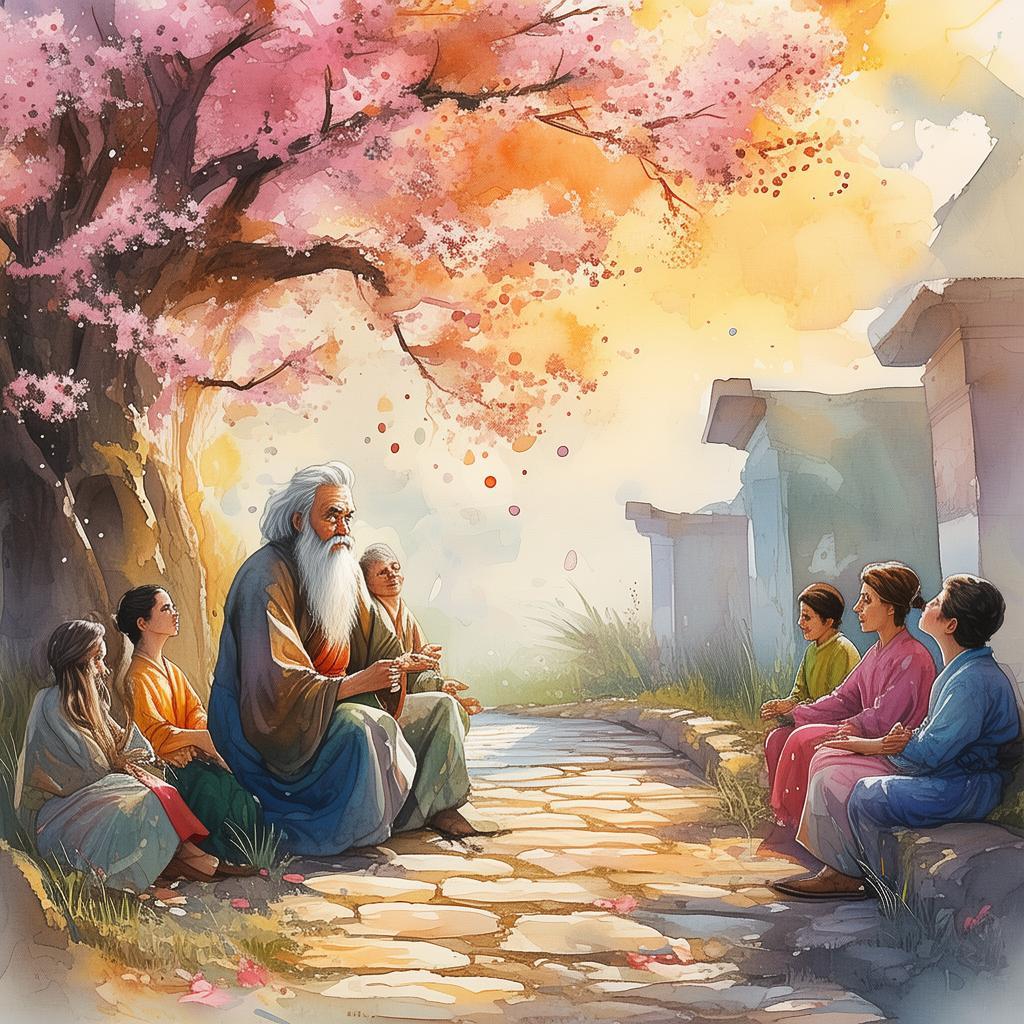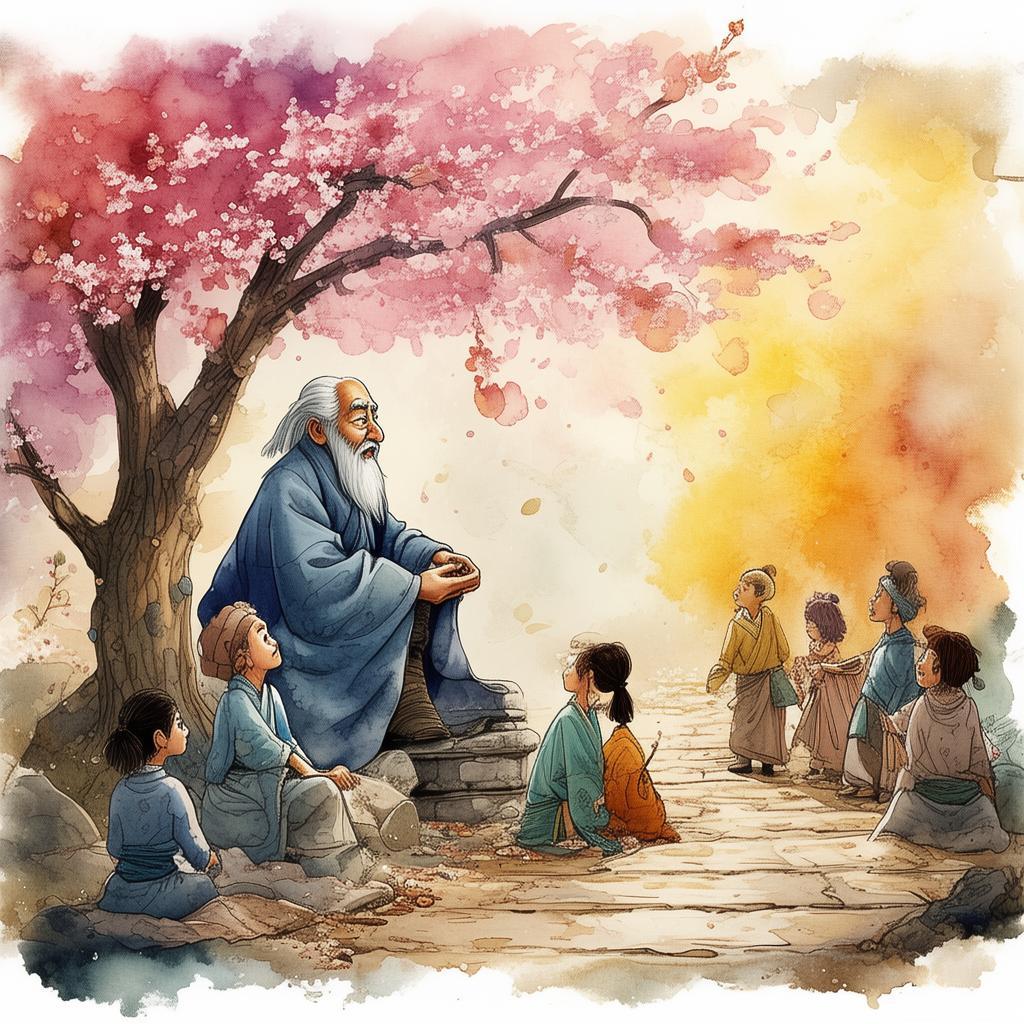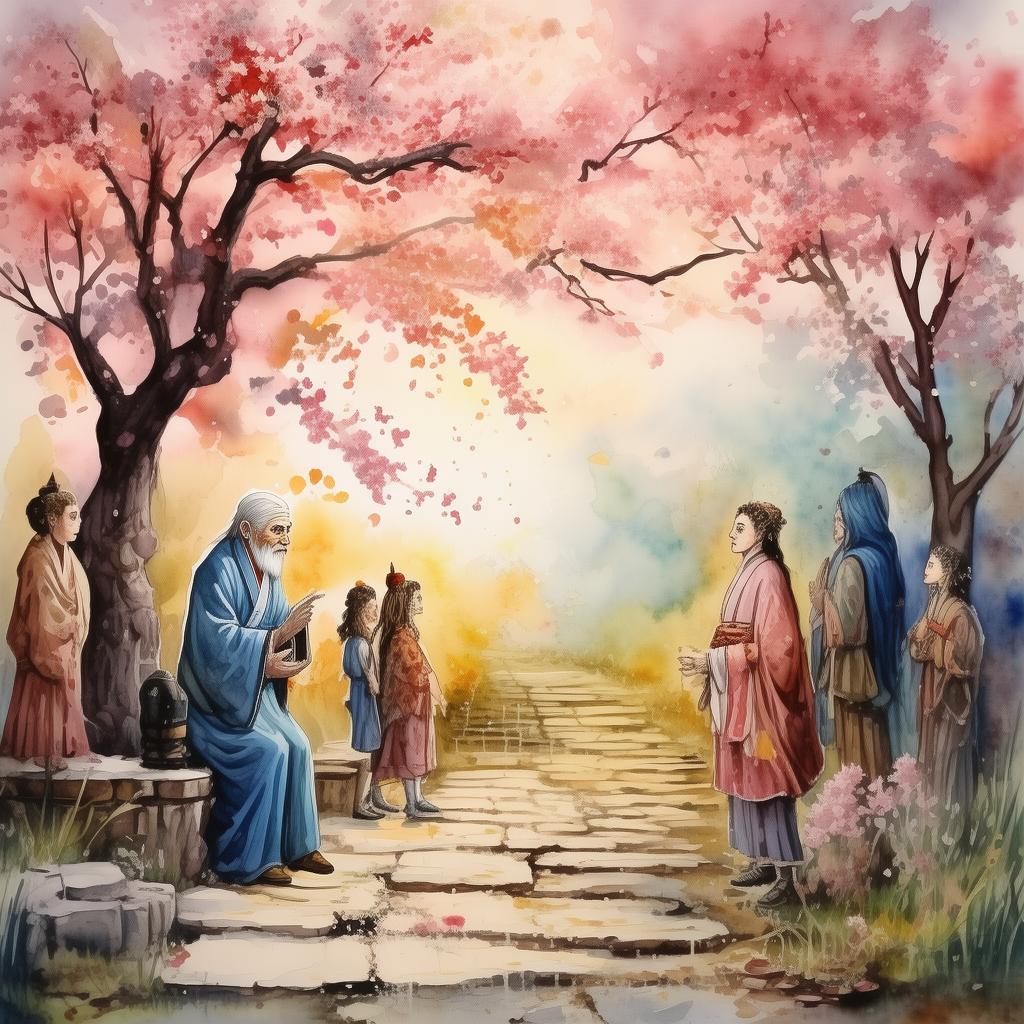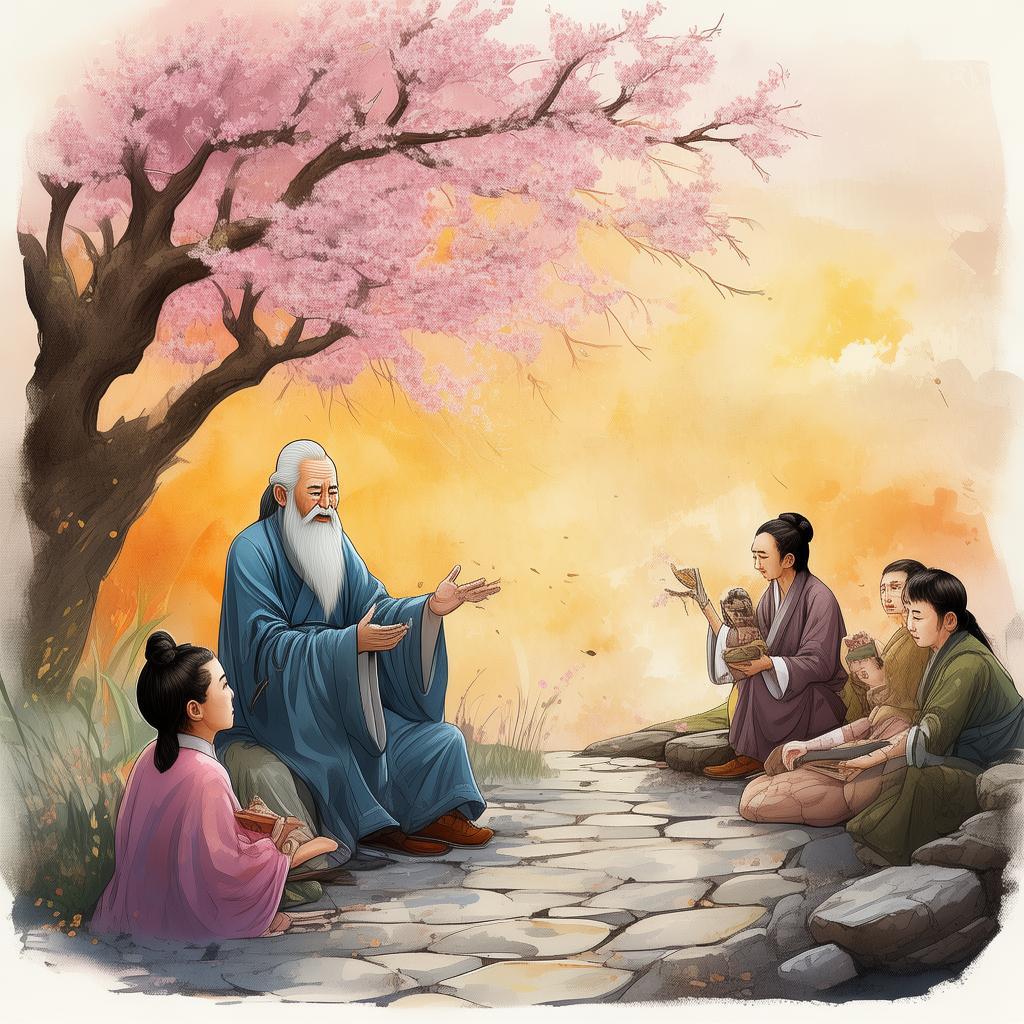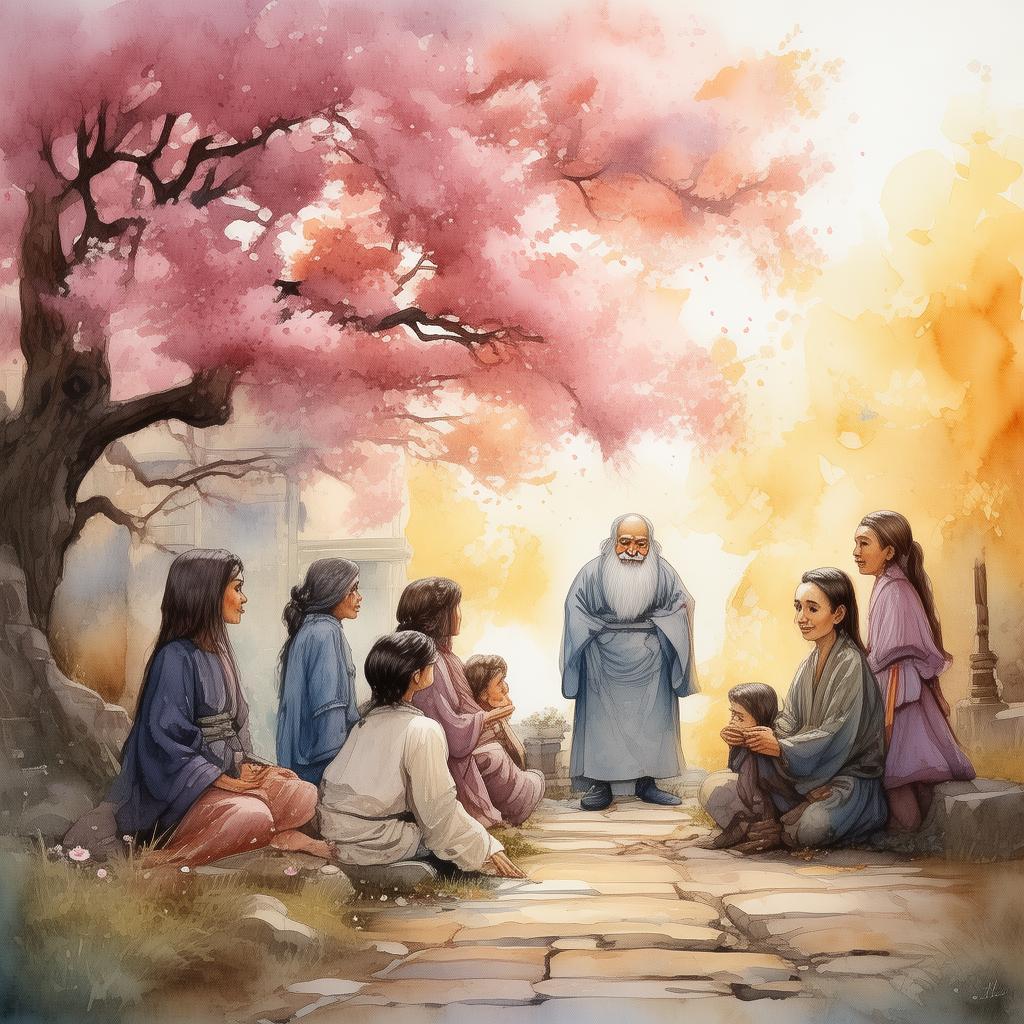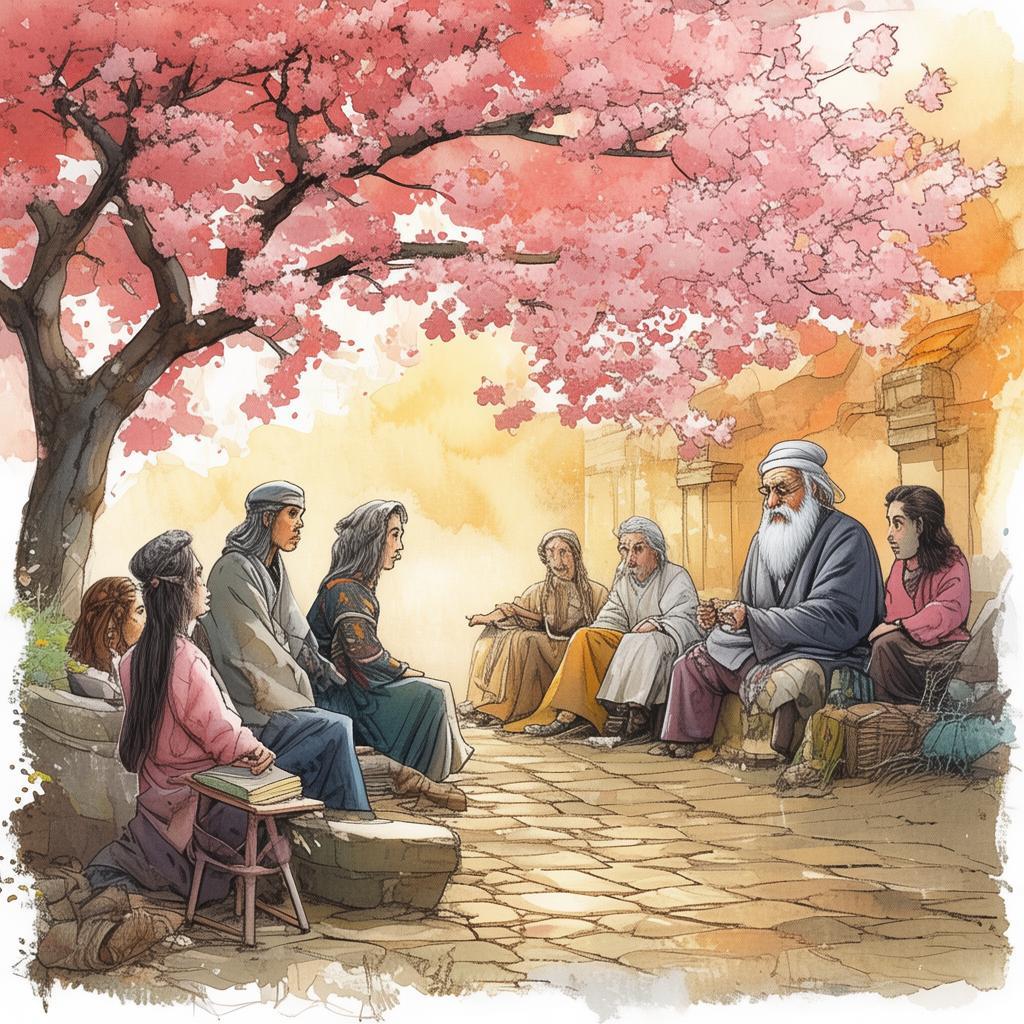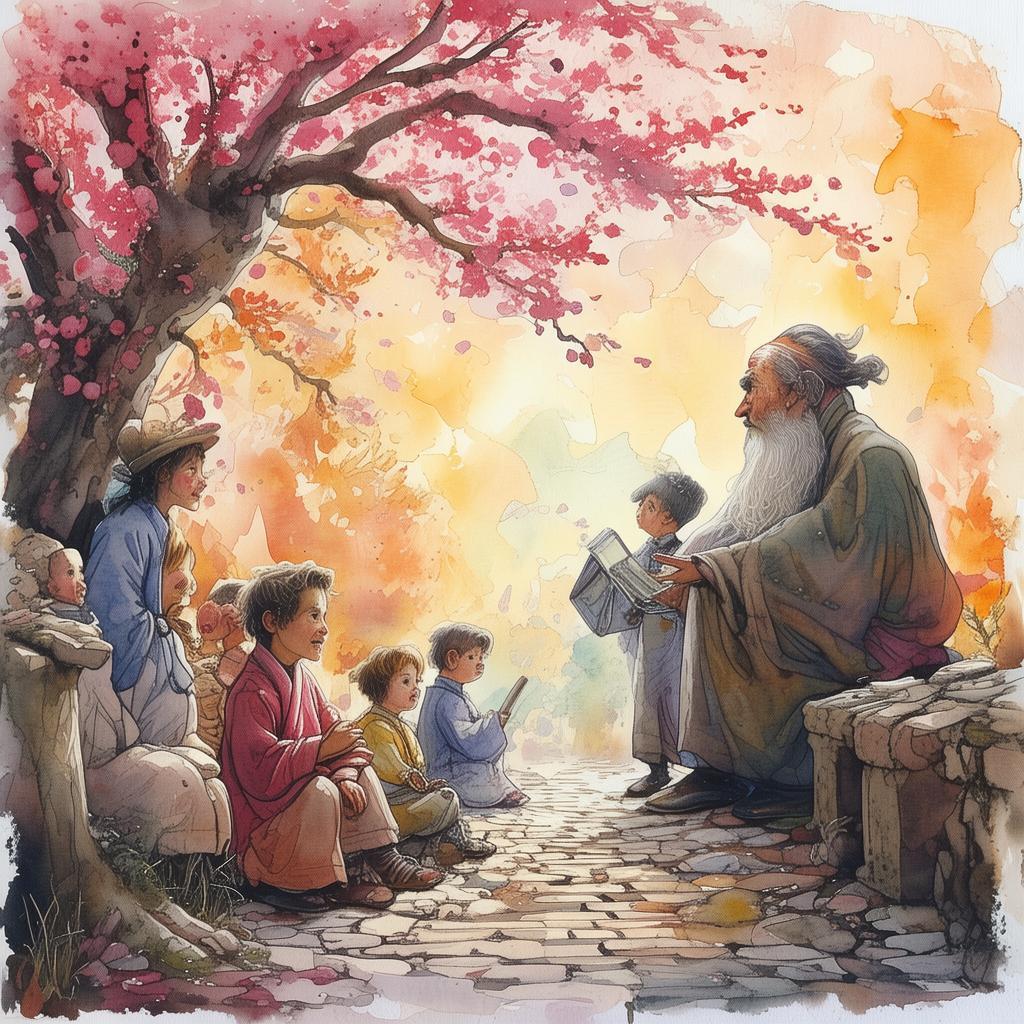Flames of Enlightenment: A Love Unbound
In the heart of the 18th-century Parisian Renaissance, where the air was thick with the scent of philosophy and the promise of change, there lived a young artist named Claude. His talent was unparalleled, and his passion for life was as fiery as his brush. Claude was in love with Élise, a woman whose intellect and beauty were the epitome of the Enlightenment era. They were inseparable, their love a beacon in the darkening skies of their tumultuous times.
The couple's love was not without its shadows. Élise's family, the powerful and influential Marquis de Montespan, saw Claude as a threat to their status and influence. They plotted to keep their daughter from him, using every means at their disposal. One fateful night, Claude was framed for a crime he did not commit—a crime that would send him to the guillotine.
As Claude awaited his fate, Élise, torn between her love for Claude and her family's demands, made a heart-wrenching decision. She betrayed him, choosing her family's honor over their love. Claude was executed, his body thrown into the Seine, and Élise's heart shattered into a thousand pieces.

Years passed, and the Enlightenment continued to spread its light across Europe. Élise, now a woman of means and influence, found herself in the court of King Louis XV. She was a favored courtier, but her heart remained with Claude. She spent her nights in the solitude of her chamber, where she painted, capturing the essence of the love she had lost.
One evening, as she worked on a new canvas, a butterfly fluttered into her room. It was a delicate creature, its wings shimmering with the colors of the dawn. Élise followed the butterfly outside, where she discovered a hidden garden, untouched by the world outside. In the garden, she found a statue of Claude, his eyes looking up at the sky, as if waiting for her return.
The butterfly led her to the statue, and there, she found a note. It was from Claude, written in the last moments of his life. The note revealed the truth behind his execution—a conspiracy by the Marquis de Montespan, who had feared that Claude's talent would outshine his own.
Tears of sorrow and relief streamed down Élise's face as she read the note. She realized that she had been blind to the truth, and her betrayal had been a result of her own ignorance and fear. She vowed to make amends for her actions.
Élise began a quest to clear Claude's name and to honor his memory. She used her influence to uncover the truth and bring the Marquis to justice. In the end, she succeeded, and Claude's name was cleared. The Marquis de Montespan was stripped of his power, and Élise's heart was forever bound to Claude.
The butterfly returned to the garden, and with it, a sense of peace. Élise knew that Claude had found his way back to her, not through the physical realm, but through the love that had never truly died. They were united once more, their souls intertwined by the flames of their own passion.
As the Enlightenment continued to shape the world, Claude and Élise's story became a symbol of love and redemption. It was a tale that spoke of the power of truth and the enduring strength of the human heart. And so, in the garden where the butterfly had led her, Élise found her salvation, and Claude's legacy lived on.
In the end, it was not the guillotine that had truly executed Claude, but the love that was stolen from him. And it was not the butterfly that had led him back to Élise, but the love that had never let him go.
✨ Original Statement ✨
All articles published on this website (including but not limited to text, images, videos, and other content) are original or authorized for reposting and are protected by relevant laws. Without the explicit written permission of this website, no individual or organization may copy, modify, repost, or use the content for commercial purposes.
If you need to quote or cooperate, please contact this site for authorization. We reserve the right to pursue legal responsibility for any unauthorized use.
Hereby declared.

